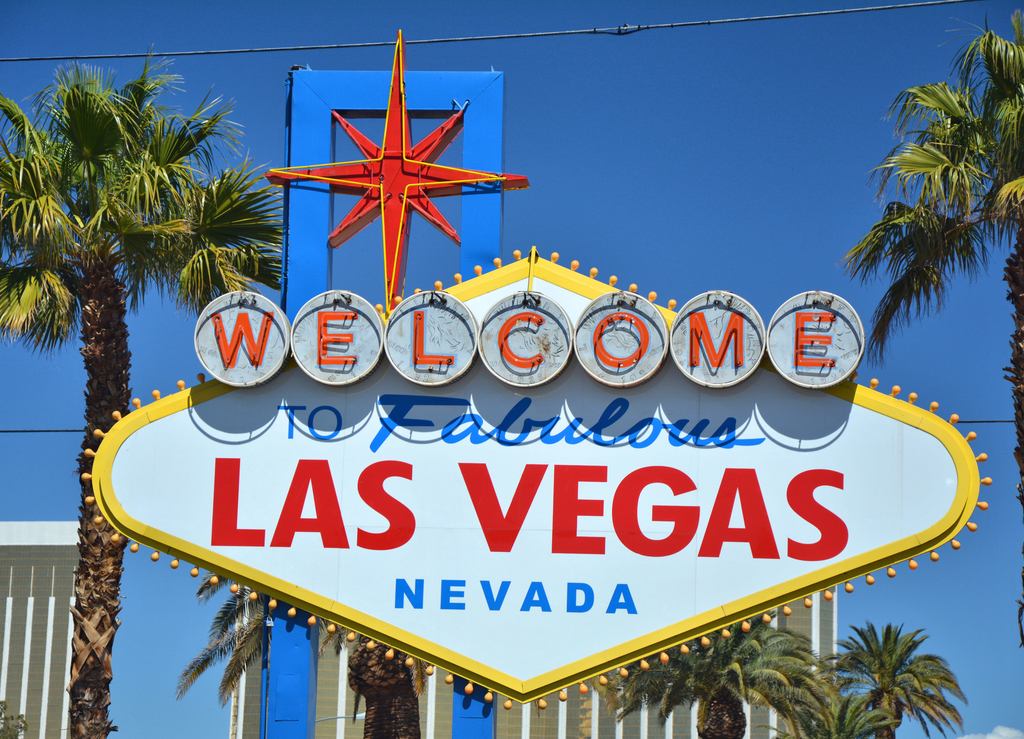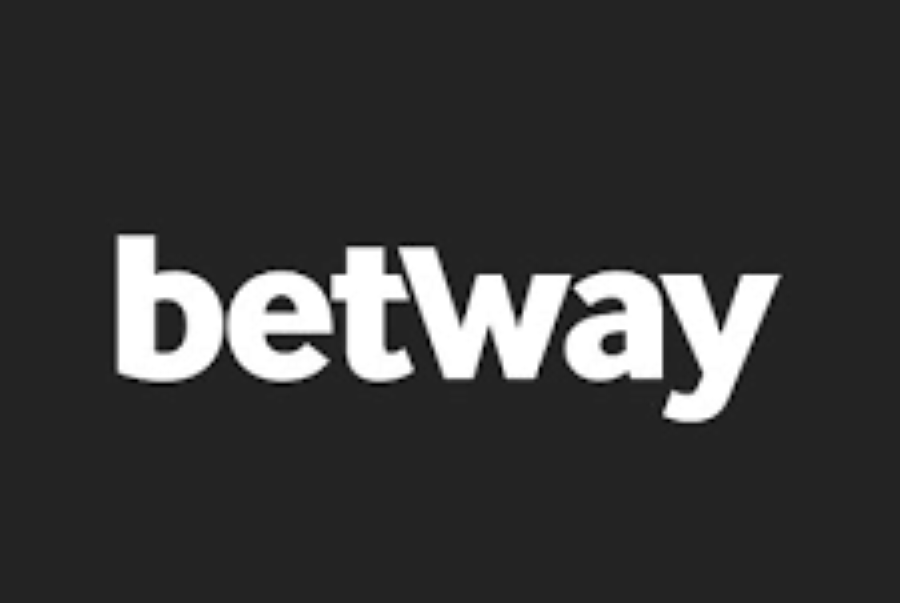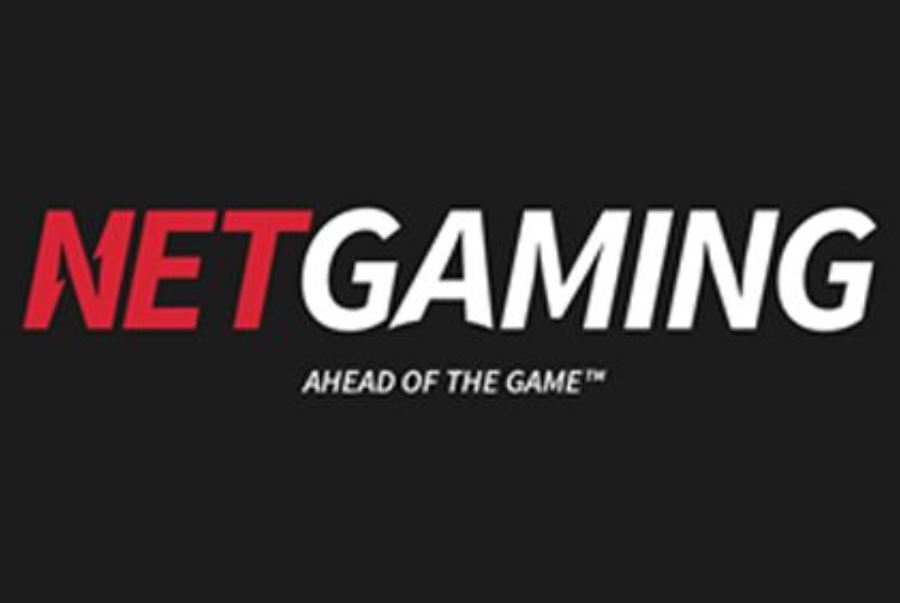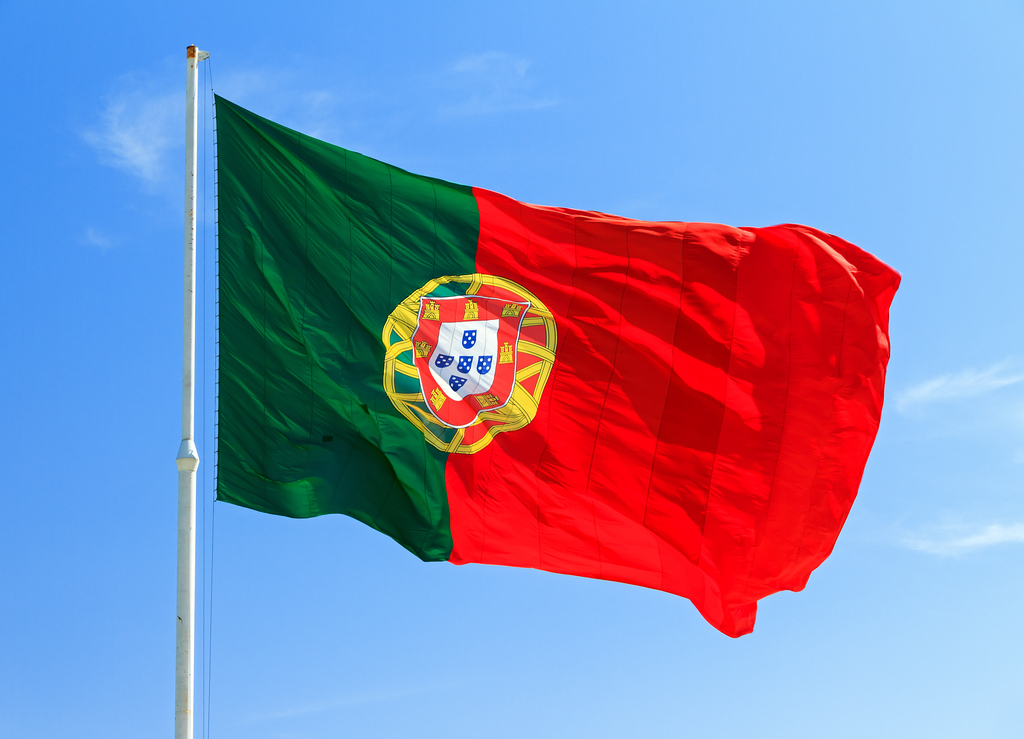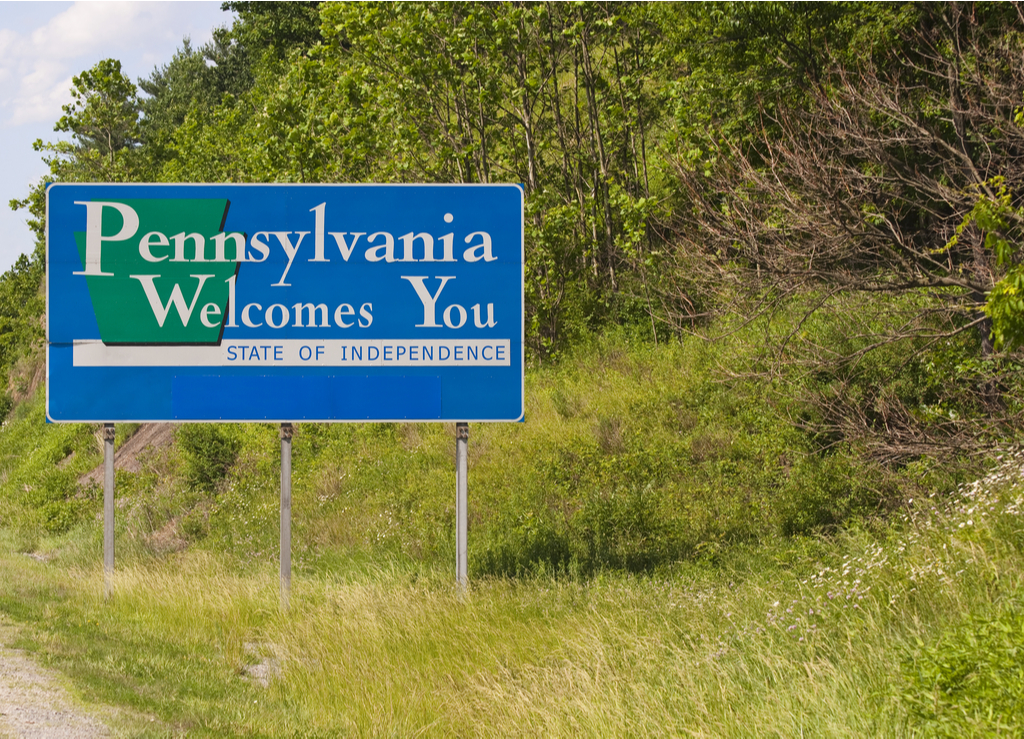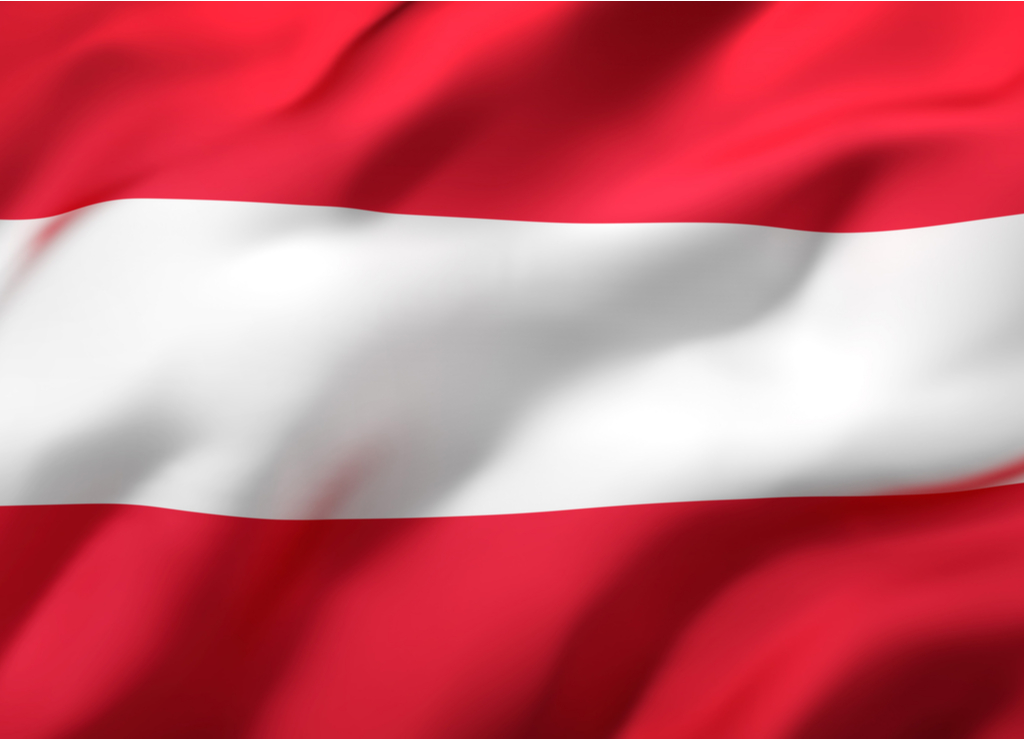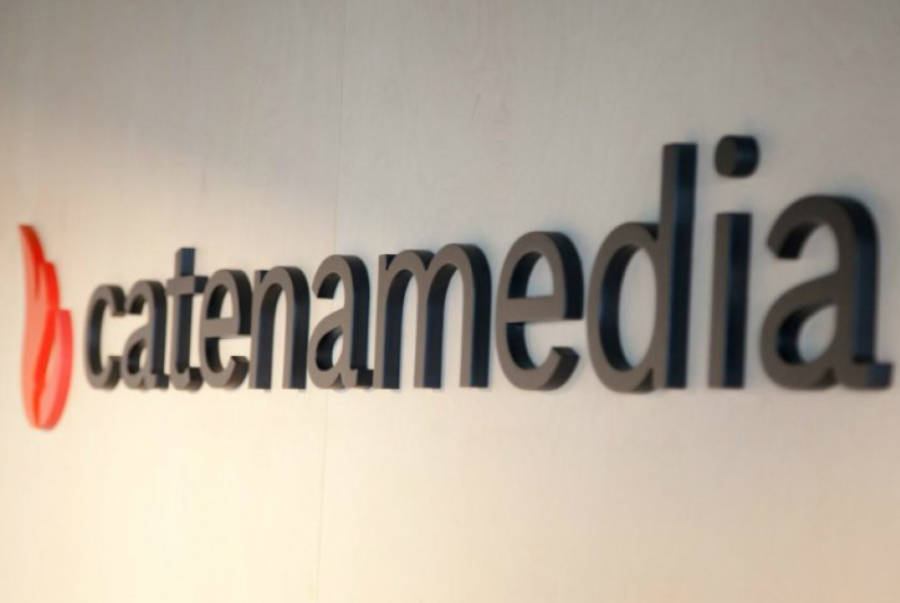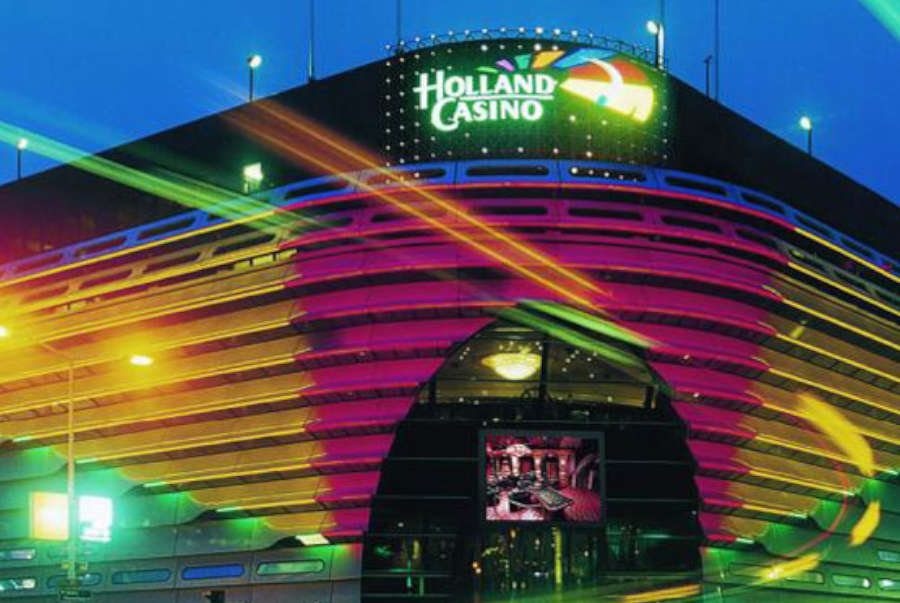William Hill CEO, Ulrik Bengtsson and CFO, Matt Ashley, have their remuneration packages amended due to the ongoing coronavirus health crisis and its material impact on the revenue of the UK-based gaming operator.
Reduced Revenue, Freeze on CEO Salary Increase
In line with the update issued by the operator in March that a decline in earnings before interest, tax, depreciation and amortization /EBITDA/ to the extent of £110 million for 2020 was expected, CEO Bengtsson would have his annual salary increase suspended, and remain on £600,000 for the year. Even payment of 2019 dividend to shareholders was suspended to retain cash within the company that was materially impacted by having its retail estate closed.
William Hill has lowered Bengtsson’s maximum pension contribution rate from 20% to 5%, to bring it in line with the rate for the general workforce. The lower rate means another £30,000 will go towards a pension for the company’s CEO.
All executives and senior employees, CEO inclusive, have had their annual bonuses and long-term incentive schemes cancelled. For the position of a CEO, the bonus range is between 150% and 200% of salary.
Based on achieving certain business targets, CEO Bengtsson could have been awarded additional shares from the company, through the Performance Share Plan, an option he chose to decline.
200% of CFO Salary in Shares
The remuneration package for Matt Ashley, William Hill’s Chief Financial Officer, includes an annual salary of £450,000, a pension contribution of 5% of salary, and his bonus and long-term incentive plan have also been cancelled. Ashley’s resignation from National Express resulted into share forfeited for him, a loss William Hill will compensate on a like-for-like basis. The new CFO will be required to hold 200% of salary in company shares, a requirement upped from the previous 150% level.
The new CFO took the role April 6, after the initially selected for the job to replace long-time serving Ruth Prior, Adrian Marsh, decided to remain put in his old company, DS Smith, due to the challenges posed by the severe outbreak of the virus and its material impact on the gaming industry.
William Hill expressed its position that the addition of Matt Ashley is important in providing stability for the business and timely in regards to the expected impact on its revenue due to the ongoing health crisis. The company displayed confidence the decision was made to protect the interest of the shareholders and that it did not overpay for its new CFO.
The proposed remuneration packages to CEO Bengtsson and CFO Ashley will have to be approved by the shareholders at the business’s Annual General Meeting, scheduled to take place May 15, 2020.
A year ago the UK-based gambling operator William Hill vowed to double its profit figures by 2023, but in line with the ongoing health situation that brought the gaming industry to a halt, that promise looks like wishful thinking.


